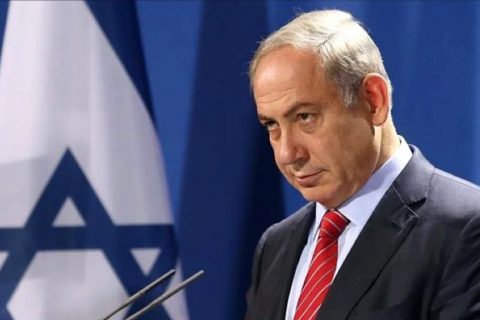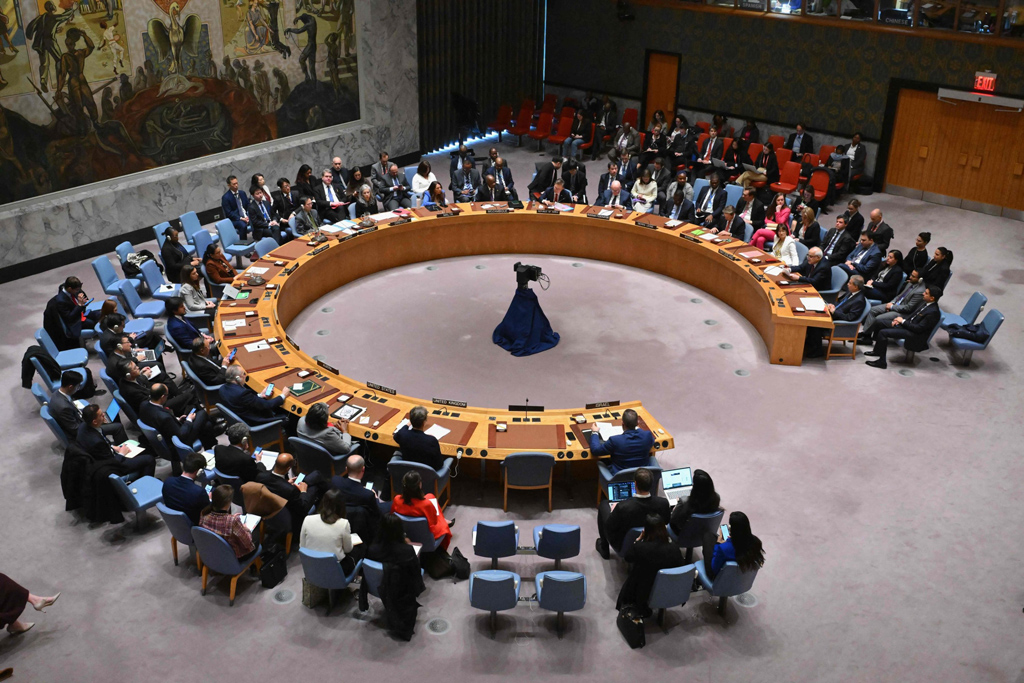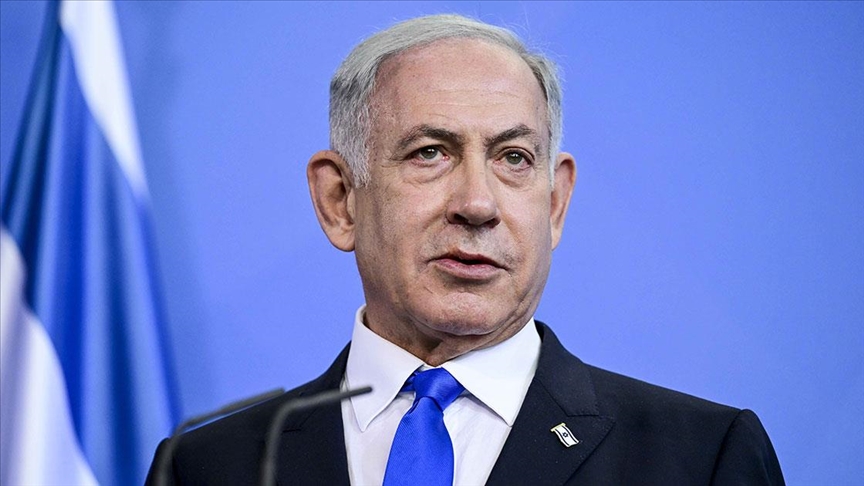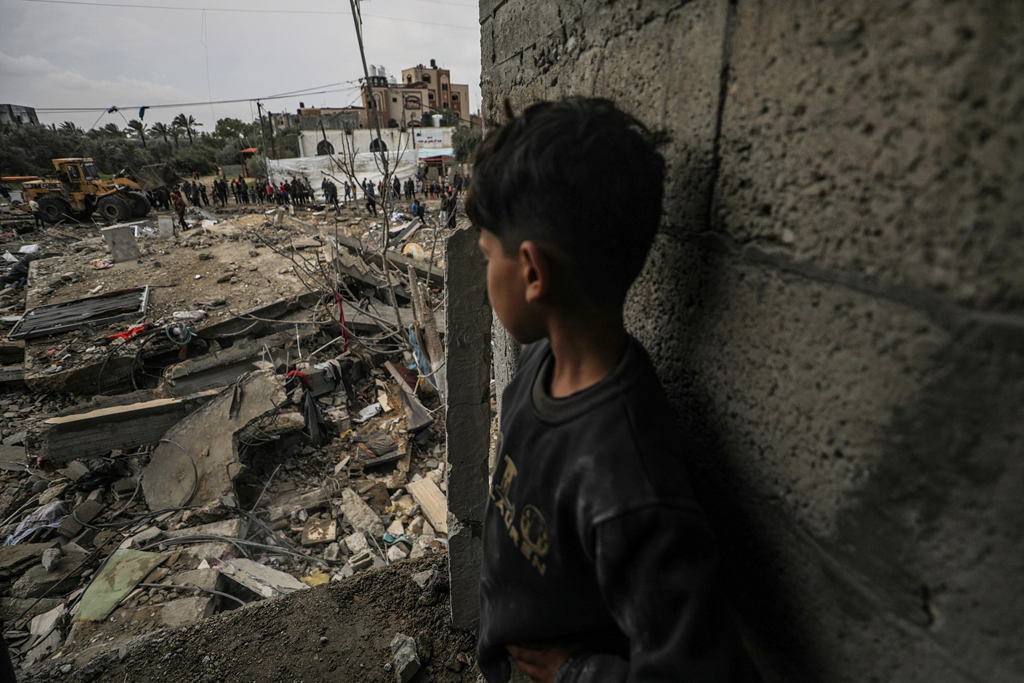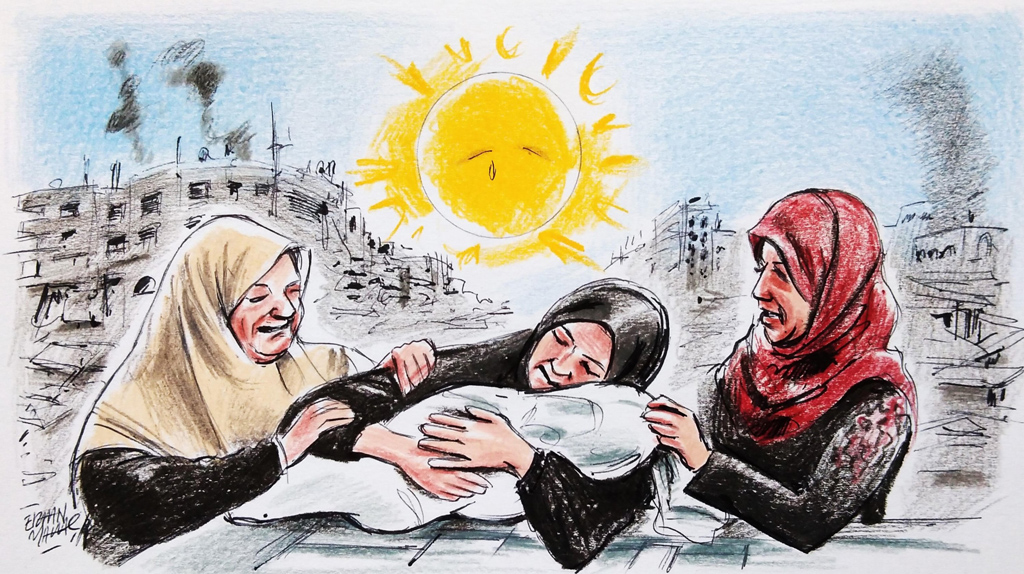Hamas

The ‘tragedy’ of US policy vis-a-vis Israel
| OpinionThe Biden administration seems to have at least temporarily succeeded in preventing Iran’s direct attack …
-
Opinion
The ‘tragedy’ of US policy vis-a-vis Israel
By Kadir ÜstünThe Biden administration seems to have at least temporarily succeeded in preventing Iran's direct attack on Israel from escalating into an uncontrolled war. The White House conveyed the message to Israel through various channels that any attack on Iran should be 'proportional,' also signaling to the Netanyahu government that US support for Israel would be limited to defense. With the assistance of the United States, the United Kingdom, and Jordan, Iran's UAVs and missiles were intercepted before reaching Israeli airspace, making the job of the Iron Dome relatively easier. However, Iran's low-intensity and controlled attack with low-cost weapons demonstrated that in a more 'real' war, Israel's task would be far from easy. The attack, which brought the urgency of Israel's defense to the forefront, seems to pave the way for a vote on a long-delayed aid package for Israel, Ukraine, and Taiwan in the House of Representatives. The fact that American foreign aid could reach the approval stage thanks to the attack on Israel indicates how much the issues that bring Republicans and Democrats together have decreased.
-
Opinion
Netanyahu’s Iran card…
By Kadir ÜstünIn response to Israel's striking of Iran's consulate in Syria, Ayatollah Khamenei's statement of "retaliation will be given" has heightened the possibility of the regional proxy war escalating into direct conflict. Since October 7th, Netanyahu has been attempting to expand the conflict by targeting Hamas and Shia militia objectives in both Beirut and Syria. The relatively controlled continuation of the "regional war" relied on Iran and Hezbollah refraining from militarily supporting Hamas. However, Khamenei's remarks suggesting that striking the Iranian consulate would mean targeting Iranian soil have also put Washington on high alert.
-
Opinion
Israel’s 2 grave mistakes that put its Western allies in hot water
By Muhittin AtamanThe latest developments in Gaza have forced many states to reconsider their policies toward Israel’s genocidal attacks, the suffering of the people of Gaza and the resistance of the Gazan people, which will continue to shape not only regional but also global politics.
Bu Konuda Daha Fazla
-
Did Biden abandon Israel at the UN General Assembly?
By Kadir ÜstünThe 'immediate ceasefire resolution' issued by the United Nations General Assembly (UNGA) due to the United States' abstention indicates that the Biden administration's political pressure on Israeli Prime Minister Netanyahu persists. Despite the White House emphasizing that the decision is not binding and that there are no changes in policy, Netanyahu canceled the visit of the delegation he planned to send to Washington immediately after the UNGA decision. The fact that the Biden administration, which has been diplomatically protecting Israel with its veto power since October 7th, chose to abstain this time suggests that the crisis in bilateral relations has reached its peak. While Netanyahu may lean towards Trump, who has advocated for ending the conflict, Trump's remarks have increased American pressure.
-
Will Israel implement the UNSC Gaza cease-fire resolution?
By Muhittin AtamanThe United Nations Security Council (UNSC) has passed a resolution demanding an immediate cease-fire in Gaza for the month of Ramadan. The 14 members council members voted in favor of the resolution, which was proposed by the 10 elected members of the council. Only the United States abstained from the vote. After the vote, there was an unusual round of applause in the council chamber, showing how much the international community wants the bloodshed to end.
-
The Netanyahu predicament among Israel’s allies in Washington
By Kadir ÜstünIn 2015, Netanyahu came to Washington to dynamite Obama's deal with Iran and made a speech in Congress. Obama was trying to delay Congress's new sanctions to make a nuclear deal with Iran. Netanyahu accepted the invitation of Republicans in the House of Representatives and did not coordinate his visit with Obama's White House. Netanyahu's speech at the session, attended by both wings of Congress, was repeatedly applauded. Netanyahu, who tried to end Obama's nuclear talks with Iran by imposing sanctions on Iran by Republicans and some Democrats in Congress, failed. Vice President Biden, who sat behind Netanyahu during his speech to Congress, seems to be facing a similar Netanyahu problem these days.
-
Lies about Gaza leaving Muslims unresponsive to Israeli brutality
By Muhittin AtamanIt has been more than five and a half months that Israel has continued its genocidal operation against the innocent civilians of the Gaza Strip. Crimes committed by Israel are protested worldwide, especially by Western citizens. Ironically, the people of Muslim countries remained silent against the Israeli atrocities. Besides the reluctance of most Muslim governments, the Arab governments in particular, it seems that Muslim people also remain largely indifferent to the suffering of the Gazan people.
-
Ramadan, Gaza and anti-Islam sentiment
By Burhanettin DuranFriday marked the fifth day of Ramadan. Unfortunately, there is still no cease-fire in Gaza, and Israel continues to kill Palestinians waiting for food supplies. Earlier this week, Israeli troops killed six Palestinians and injured 83 others as they waited in line to receive a bag of flour. That was not the first time, and it won’t be the last.

